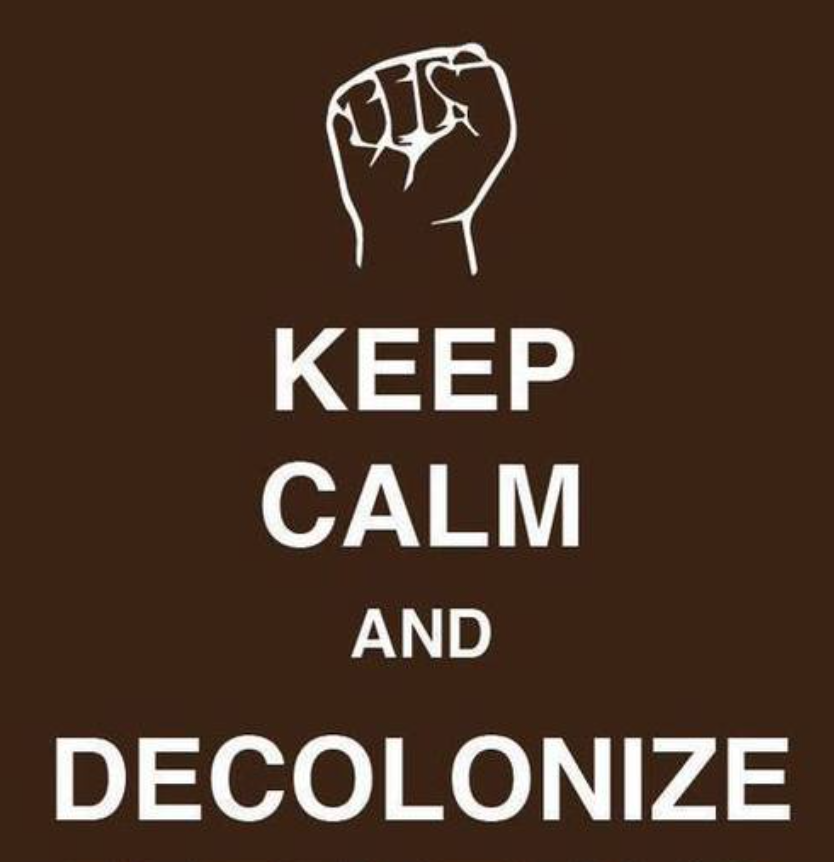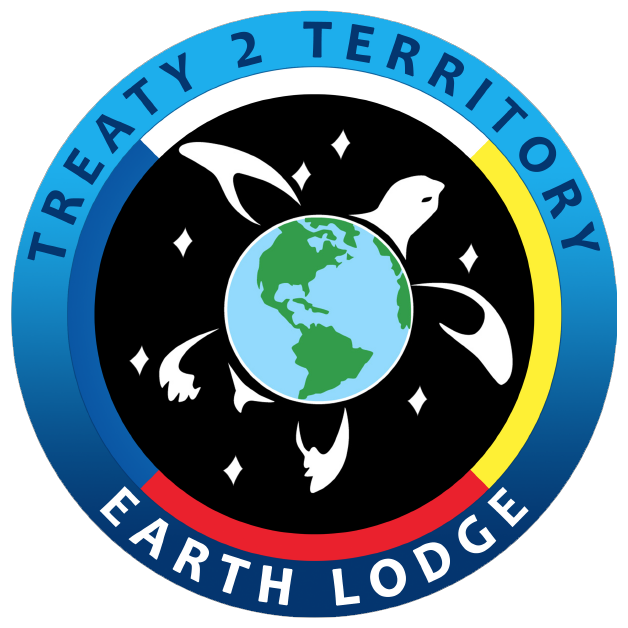Treaty 2 Territory- By definition, colonization occurs when a group of settlers migrates into a territory and then takes over and begins to control the Indigenous group living there. In Canada, colonization occurred when colonizers migrated to this land, took over and began to control our First Nations Peoples. Colonizers imposed their own cultural values, religions, and laws, and then created policies that did not favour the First Nations Peoples. They seized land and controlled access to resources and trade. As a result, our people became increasingly dependent on the colonizers. Today, many of our people and nations struggle as a result. However, it is a testament to the strength of our ancestors that we are still here and are fighting to right the wrongs of the past.
A Nation is independent. In other words, a Nation doesn’t need another Nation to tell it what to do or how to do it. A Nation does not need the consent of another Nation to use its resources. Right now we are looking away from colonization. We have gone from being masters of our land and settings to a minority in the Canadian nation state, where they have taken away our authority over our laws and territories, and also take the liberty of instruction us in these things. Right now across the country our People are waking up, and realizing it is our People’s right, our responsibility, to bring back the language and the authority of our land, for our children and families. (Dr. Ovide Mercredi)
Colonizers used their numbers, laws, policies, and powers to gain control of Indigenous Peoples, thus leading Indigenous Peoples to be dependent on colonizers. In their worldview, the natural environment was a resource that could be exploited for individual gain. Individuals and companies could become very wealthy by controlling the resources of this “New World.” The colonizer worldview valued competition, individualism, and male superiority.
There are thousands of us in the universities – we became doctors, lawyers, architects, etc. The problem is if we do not know our languages, ceremonies and traditions, we are the generation that will fast-track the total assimilation of our People. (Indigenous Youth, U of M)
Before the arrival of European explorers and traders, First Nations Peoples were organized into complex, self-governing nations throughout what is now called North America. In its early days, the relationship between European traders and Indigenous Peoples was mutually beneficial. Our people were able to help traders adjust to the new land and could share their knowledge and expertise. In return, the traders offered useful materials and goods, such as horses, guns, metal knives, and kettles to the First Nations Peoples. However, as time went by and more European settlers arrived, the relationship between the two peoples became much more challenging.
What we need to do is to ‘decolonize’ our thinking and go back to our own Indigenous ways of thinking which is ‘Anishinaabe Inanendamowin’. Our education needs to be grounded in our original languages, ceremonies, and teachings. This is how we will rediscover and reclaim our worldviews and ways of knowing.

One of the major problems in assimilated or colonized thinking is the value place on money as a solution to all of our problems. Many use the word ‘poverty’ to describe the material condition of our People. We are seen as being at the bottom of the socioeconomic ladder. Did our ancestors have money to survive? No, they relied on their values of survival, our natural and spiritual laws, and their knowledge of how to work with the land, in order to survive.
Our ancestors were rich in spirit, rich in knowledge, and they also experienced abundance of what the Earth had to provide, without taking more than what was needed. Today our People are still rich in spirit, rich in kindness and rich in values.
Another example of colonized thinking is that a western education is the solution to success. Many people in our nations have begun to glorify western education, and graduation from western systems of knowledge, as a superior educational experience. But they fail to realize that a western education, if not solidly grounded within the knowledge of our own values and identity, will get us nowhere. With all its academic wisdom and technological advances, has western education managed to achieve peace among western Nations? Western education has not led us down a sustainable path of living in harmony with each other and with Mother Earth.
While western education may lead us down paths to material richness, they are not paths that lead to spiritual, emotional, mental, and physical well-being. There’s nothing wrong with getting an education if it’s an education that uplifts the spirit, supports the teachings, and brings inner peace grounded in identity and values.
Today, graduating from High School, College or University based on the western education system is considered a rite of passage and a sign of status for many in our nations. Yet, we have forgotten our own education, our own languages, and our own Anishinaabe thought that can provide a significant contribution to the world. We have lost our own pride in our own way of life that makes us a Nation.
In our way of life, spiritual and natural law guides what a person earns in life. The Spirit rewards us with life, understanding, evolution and transformation. In First Nations traditions, our People are acknowledged and honoured in ceremonies, as directed spiritually. This includes an honour song sung on the sacred drum, and through other special ceremonies as guided by our Knowledge Keepers.
Adapted from ‘WAH BAN UNG’ by Turtle Lodge
Submitted by Renée McGurry, Earth Lodge
